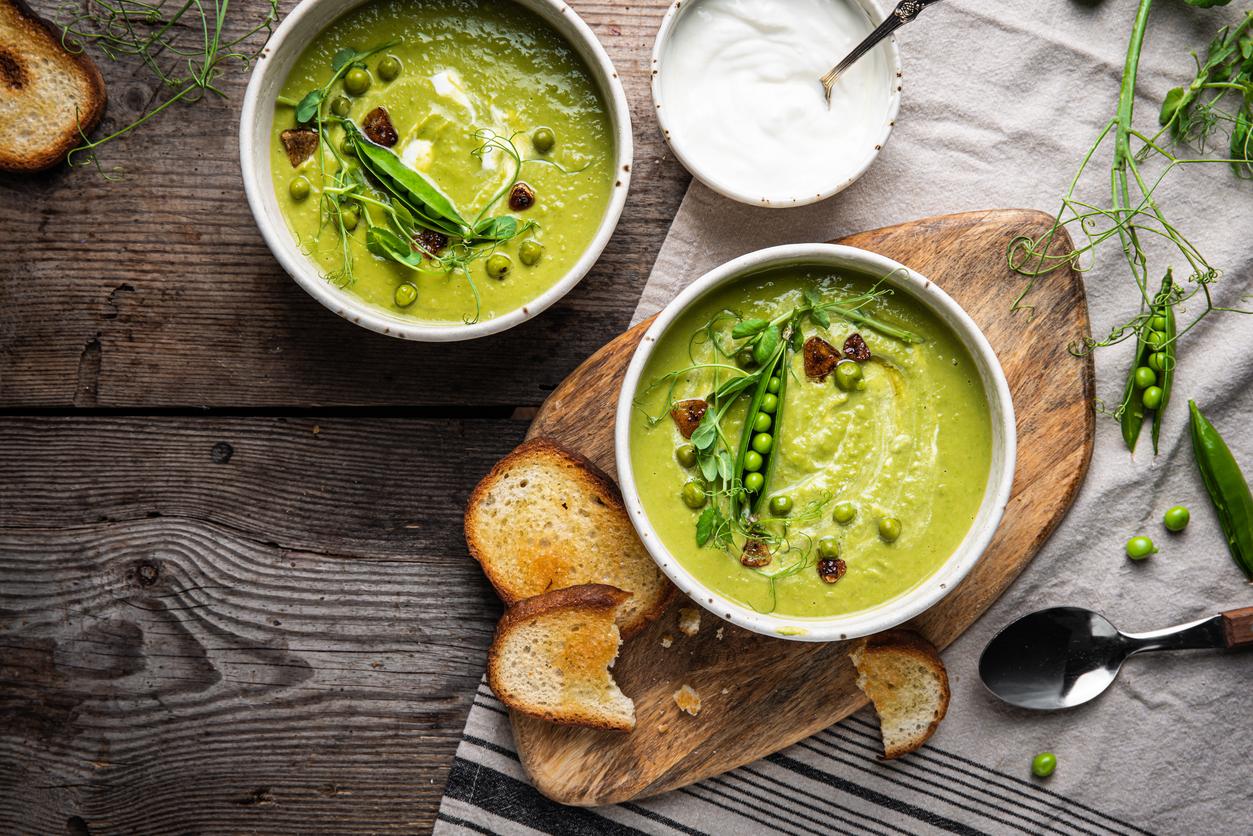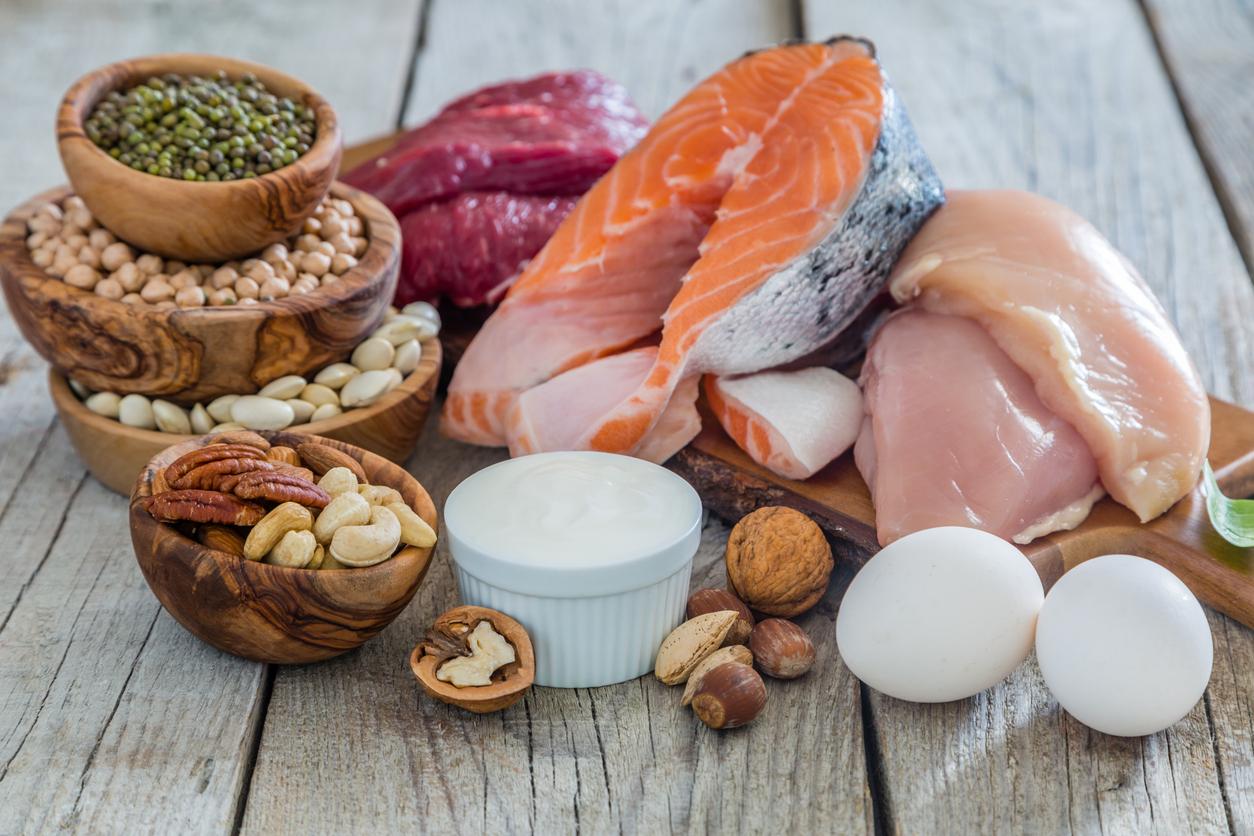Ultra-processed foods are ubiquitous in our daily diets, despite being nutritionally uninteresting and potentially addictive.

- Ultra-processed foods are high in fat, sugar and salt. They can trigger intense cravings, similar to those experienced by tobacco smokers.
- According to some researchers, these foods excessively stimulate the famous reward system, often without our knowledge. This is why it is no longer simply a question of willpower, but rather a reaction deeply rooted in our brain.
- However, the consequences of regular consumption of ultra-processed foods are far from negligible because they are associated with increased risks of chronic diseases such as type 2 diabetes, obesity and certain heart diseases.
Rich in fat, sugar and salt, these products often trigger intense cravings, comparable to those felt by tobacco smokers. Some researchers no longer hesitate to speak of addiction to these foods.
Can we really talk about addiction?
More and more studies show that ultra-processed foods can induce compulsive behaviors similar to those observed in consumers of addictive substances. Like tobacco, these products activate the system responsible for addictions, making their consumption irresistible.
According to some researchers, these foods excessively stimulate the famous reward system, often without our knowledge. This is why it is no longer simply a question of willpower, but rather a reaction deeply rooted in our brain.
What are the consequences and impacts on health?
The consequences of regular consumption of ultra-processed foods are far from negligible. Associated with increased risks of chronic diseases such as type 2 diabetes, obesity and certain heart diseases, they constitute a serious challenge for public health.
Children are particularly sensitive to these foods, with increased risks of bad cholesterol and high blood sugar. In addition to their effects on the brain, their convenience and taste encourage excessive consumption, often leading to weight gain and nutritional imbalance.
What are the solutions ?
While addiction to ultra-processed foods is a reality for many, it is possible to take back control. Public health policies have a role to play in informing consumers through clear labels and warnings on packaging, much like the regulations imposed on tobacco products.
Some researchers also stress the importance of limiting the marketing of these products, especially to children. Consulting a nutritionist or dietitian can also help regain control of one’s eating habits, by promoting healthier choices, especially among younger people.
Learn more: “Stop ultra-processed foods! Let’s eat real food” by Anthony Fardet.

















